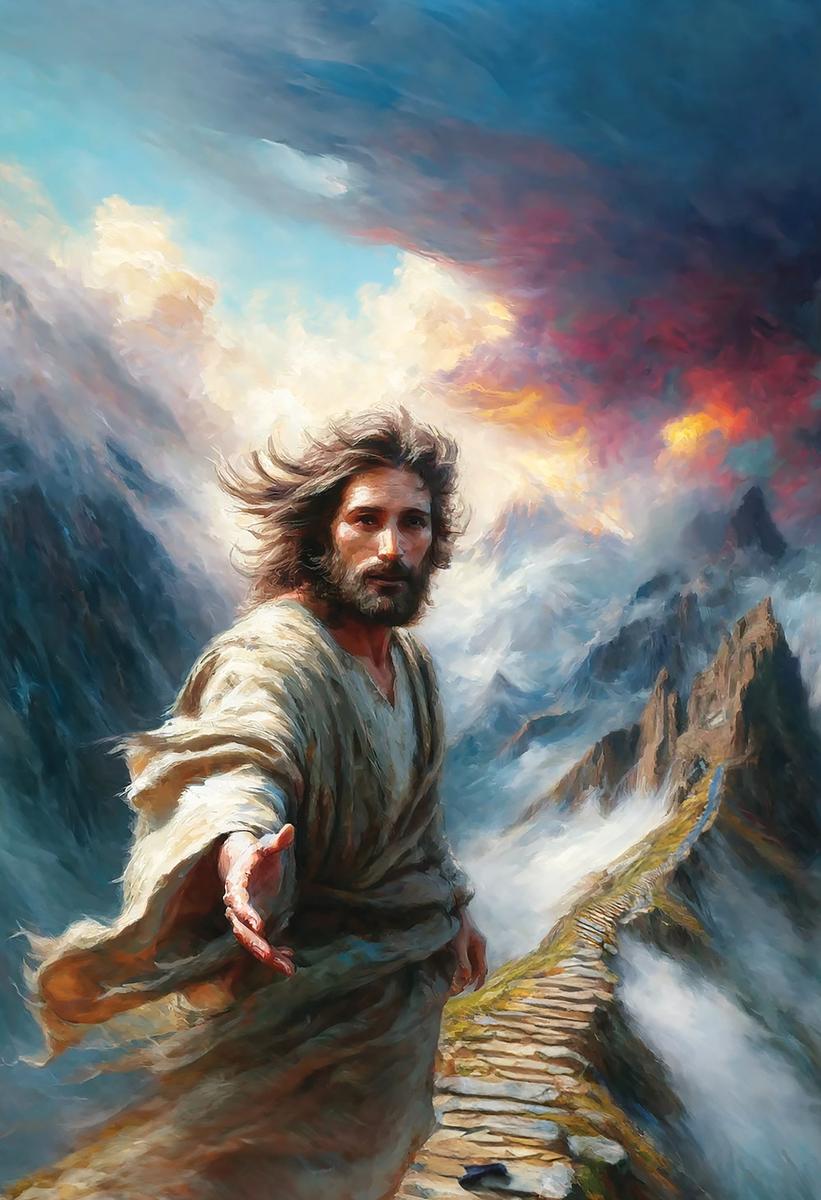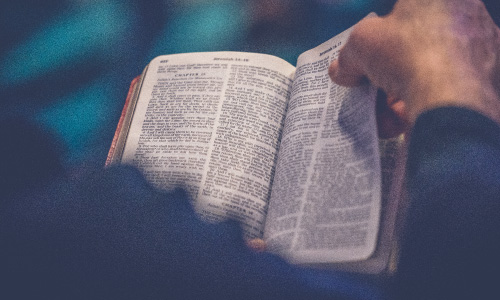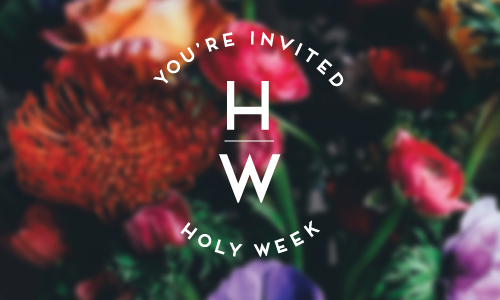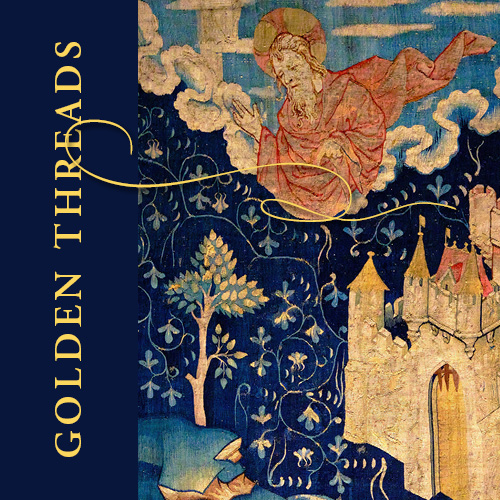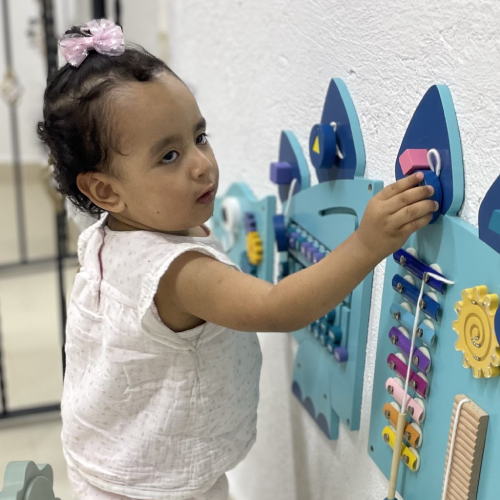Day 15 God Dwells in the Garden Temple
Posted on: March 23, 2025
by: Gerrit Dawson, Senior Pastor
by: Gerrit Dawson, Senior Pastor
WEEK THREE
GOD WILL DWELL WITH US!

Chas Hathaway. I Will Help. ChristianArtExpo. Etsy.
In these next two weeks, we will reverently contemplate what I believe to be the Golden Thread of Scripture. The very heart of the story is God’s intent to dwell among us in communion so intimate that we will know that we are his people and the LORD I AM is our dear God. Simply put, the LORD I AM wants to be with us. He refuses to be without us. And so no matter how we have torn the pattern, he has a plan to reweave his tapestry of created life. No matter how much we have run from him, the triune God has a way to come find us and sew us back into his story. The Golden Thread of Scripture’s tapestry is God with us forever. This is also the priceless thread with which our lives are stitched together in hope and joy.
God’s dwelling with us weaves through the whole narrative of Scripture. A means for our relating personally and lovingly to our Creator was established in the beginning. We were meant to walk with God in the Garden sharing sweet communion. But through our rebellion, we lost access to Eden. The rest of the story of Scripture reveals God’s plan to re-establish connection. To be with us. To be in relationship with us. In our metaphor of the tapestry, the golden central strand was frayed by human sin. But God is enacting a plan to repair this connecting strand of his presence with us. He intends to reweave the whole tapestry of creation around this thread of his dwelling once again with us.
This dramatic painting envisions a Jesus who has traversed the lowest valleys and highest peaks reaching out to us. He wants to gather us to himself and come alongside us for our journey through the ups and downs of life in the world. He is the God who simply will not be without us.
GOD DWELLS IN THE GARDEN TEMPLE
Every day, pray aloud worshipfully this golden thread that weaves through the entire tapestry of God’s intent for us.
Behold, the days are coming, declares the LORD,
when I will make a new covenant with the
house of Israel. . . .
I will put my law within them,
and I will write it on their hearts.
And I will be their God, and they shall be my people.
They shall all know me, from the least of them
to the greatest. . . .
For I will forgive their iniquity, and I will
remember their sin no more.
(Jeremiah 31:31, 33-34)
Daily Scripture
Genesis 2:7-8, 15, 19, 22, 25; 3:8
[T]hen the LORD God formed the man of dust from the ground and breathed into his nostrils the breath of life, and the man became a living creature. And the LORD God planted a garden in Eden, in the east, and there he put the man whom he had formed.
The LORD God took the man and put him in the garden of Eden to work it and keep it.
Now out of the ground the LORD God had formed every beast of the field and every bird of the heavens and brought them to the man to see what he would call them. And whatever the man called every living creature, that was its name.
And the rib that the LORD God had taken from the man he made into a woman and brought her to the man.
And the man and his wife were both naked and were not ashamed.
And they heard the sound of the LORD God walking in the garden in the cool of the day, and the man and his wife hid themselves from the presence of the LORD God among the trees of the garden.
Picking Up the Thread and Stitching It In

I love this “hands-on” account of the creation of humanity. In Genesis 1, we read how God brought forth everything by the creative authority of his Word. In Genesis 2, we see the tender, personal interaction between the Creator and his image bearers. This version is “anthropomorphic,” showing God who is eternal spirit in terms descriptive of how a human would act. Therefore, some might say this account is primitive and merely metaphorical. But that would be to miss its profound depths. A metaphor is always meant to show something real through comparison. We take in its word pictures in all their evocative specificity to receive an understanding of what they point to. If we try on these verses according to their own terms, we will experience how they take us to some intimate truths about our Creator. We will discover how rich, how deep and how true these words are. Let’s look closely at a few threads.
Personal Engagement. We witness the LORD God creating the first man with personal shaping. In God’s “hands,” Adam was made from the stuff of earth. But that’s not all. How intimate is the picture of God’s breathing his own breath into the man’s nostrils! When we recall that the Hebrew word for “breath” is the same word for “spirit,” we feel the intended communion. God’s own personal Spirit brings the physical body to life. We live as God’s image by his breath, his very Spirit, respiring within us.
Participation Planned. Genesis visualizes the LORD as the great Gardener who prepared Eden for his supreme creation. With an artist’s anticipation of showing his beloved his work, God takes the man—how? By the hand. In his own divine hand! He places Adam in the Garden as a participant in its shaping and growth as if to say, “Here, I created all this out of nothing, but I left some work for you to do. I want you to bring your mind and creative spirit to bear through your hands and muscles to tend this creation over which I have placed you.”
Then, in a playful, touching scene, the LORD of all fashions the animals and shows them one by one to the man: “Take a look. Give each a name, and I will call it by that name too.” We cannot create out of nothing. But our God made us to participate with him in ordering all life.
Communion Completes Us. The very life of the triune God is a communion of love. Father, Son and Spirit ever dance in and out of one another. Creation came from the overflow of this love. Thus, God made his image bearers for relationships of love with him and one another. Again, we see deep intimacy and direct involvement as the LORD takes a rib from Adam to form the woman. The word translated here as “helper” means one called alongside to do for us what we cannot do for ourselves. To fully be who we were made to be, we need to be in relationship with others. In the beginning, nothing stood between the man and the woman. They were completely exposed to one another. All was known and no shame provoked hiding.
To Be With Us Directly. Nothing stood between our first parents and the Creator. Eden was made to be a meeting place between God and humanity. The LORD withdrew enough of his radiant omnipotence that his creation could meet with him directly without being destroyed. Scripture has always portrayed the one true God as being mighty enough to create all things yet tender enough to relate personally and truly to his creation. He accommodates himself to our frailty and does not chide us for our limitations. In the beginning, God dwelt among his people.
Daily Meeting. Finally, and sadly, we learn so much about what was intended just as all was lost. Scripture tells us that after Adam and Eve ate from the tree of knowledge, the LORD came walking in the Garden in the cool of the evening. We get the sense that this was part of the rhythm of life in Eden. God did not beat down upon the man and woman with a constant, inescapable, overwhelming presence. He withdrew so that they could enjoy and tend the Garden. At the end of the day, he walked to them. That is, God accommodated himself to a form that was recognizable and relatable to them. He came to be with them. The Garden was a temple, a meeting place between God and humanity. That has always been the plan!
Praying Along the Pattern
Father, these words make me ache!
For what is and what is lost.
I hear how personally you shaped us.
The uniqueness of my body,
The one-of-a-kind information in my cells,
These are your fingerprints upon me!
I feel the closeness of your breath,
As I breathe the life-giving air.
My very respiration in all its necessity
Is but a sign of how you blow life into me.
I have known the goodness of work,
When the effort expended seems to flow
From a great desire to do, make, or shape,
To join you in ordering creation.
Now I know why sunset makes me sad.
Not just the ending of another brief day.
But ancient memory that this is when
You walked with us in sweet communion.
Oh come again to make this tired earth
An Eden where we can be close as breath,
Close as voice, close as heartbeats
With you and one another.
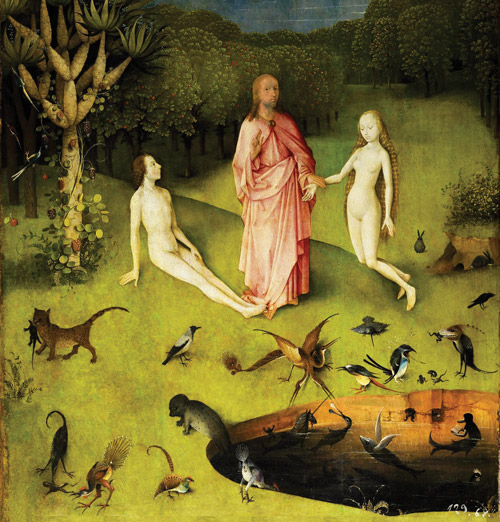 Hieronymus Bosch, The Garden of Earthly Delights. c. 1500, Musea del Prado, Madrid.
Hieronymus Bosch, The Garden of Earthly Delights. c. 1500, Musea del Prado, Madrid.
Posted in:
Lent




 Close
Close

